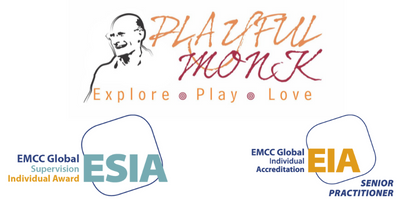What is the one thing that predicts your happiness?
I remember that first time I went begging as Buddhist monk on a busy shopping street in England. I stopped in front near of a small supermarket, my eyes downcast, my brown robes flapping in the wind and the cool wind on my exposed legs because of wearing a monks skirt. My clay begging bowl in my hand covered by a lid, no sign, no looking, just patiently waiting and being aware of all the emotions that arise when you know it’s your last meal of the day and you’ve walked five miles to get there. Then the acknowledgement of somebody giving you food (i did not accept money) produced a warm feeling in my body.
For 75 years 724 Harvard students and low income boys from Boston where tracked to explore happiness. They expanded this to include the spouses and the children of the original group, which is now 2000 people.
The outcome as Dr. Waldinger the now director of the project and co-author Marc Schulz say in their new book “the good life” reveal the best indicator of people’s happiness throughout the course of their life was good relationships. The writers state they are “intrinsic to all we do and everything we are.”
An interesting perspective of why many people feel unhappy at work?
Maybe why so many leaders feel lonely, disconnected from their peers and the board?
Interestingly, my monastic life was not just on sitting and looking at the fluff in my navel, it was built on community. It was only with the help of psychotherapy with my monastic life that helped me build healthy relationship and that allowed me to create powerful community events. I also see this at Blend Associates Ltd. I’me head of faculty and leadership, where many of the coaches/supervisor choose it because of it values and the relationship amongst the coaching community.
Just like any exercise including mindfulness which is inherently social (that can be another post) it requires a willingness to work on relationships. Dr. Waldinger calls this social fitness and he says attention is key.
As he says “Attention is the most basic form of love”. The non-judgemental listening, the eye contact and without need to be right or know.
And this means we probably have to explore how we give and receive help, how we can open up to the possibilities to give and receive support and the joy that can come from that.
It is this relational way of working which permeates the work I do as an executive/leadership coach and coaching supervisor. In the end my monastic training did not give me happiness it offered peace and the foundation of that was understanding how much we as humans are wired to be relational even if you are introvert.
How do you exercise your social fitness at work and in your life?
#executivecoaching #leadershipdevelopment #happiness
Find the linkedin post here
